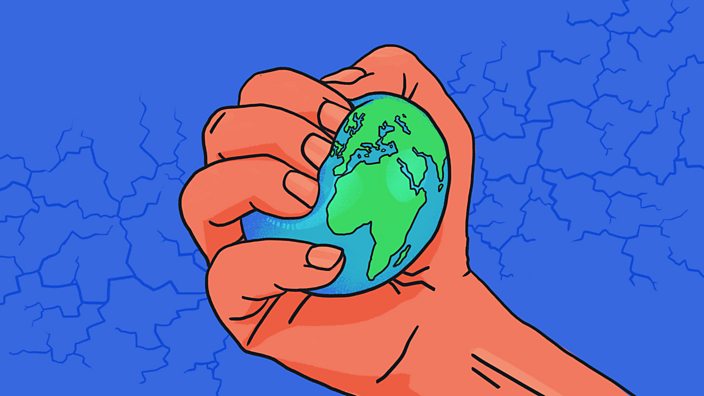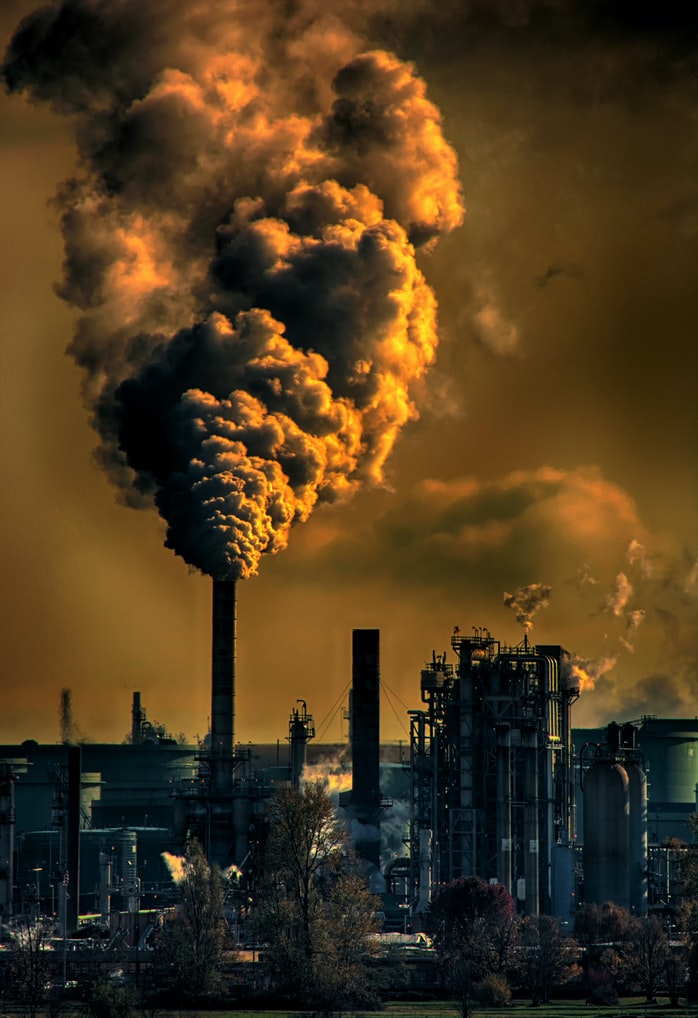Eco-anxiety, a growing phenomenon
Article écrit dans le cadre de mes cours de journalisme à l’EFJ Bordeaux
The American Psychological Association first defined eco-anxiety in 2017 as “a chronic fear of environmental doom.”
This Association points out that a changing climate can affect mental health in several ways and manifest as post-traumatic stress disorder, anxiety or depression. She recognizes that climate change is a growing menace to mental health, but many mental health professionals don’t feel equipped to manage the growing number of people who are anxious and worried about the state of the planet.

Eco-anxiety refers to the fear of environmental damage or ecological disaster.
Mental health studies show an increase in the number of people reporting stress or depression due to the climate.
Caroline Hickman, a psychotherapist and member of Climate Psychology Alliance study this subject: For her, eco-anxiety is not the same as a clinical anxiety disorder, even if doctors say fears about the climate can aggravate or activate pre-existing mental health problems. In fact, for most people, eco-anxiety is a healthy answer to the climate crisis.
Andrew Bryant, a therapist based in Tacoma, Washington, felt helpless the first time climate change came up in his office. It was 2016, and a client was wondering if he was going to have a baby. His partner wanted one, but he couldn’t stop envisioning this hypothetical child growing up in an apocalyptic, climate-changed world. The therapist had long been concerned about climate change but in a theoretical way. The despair of his patient faced him face to face with a new reality: climate change would have a direct impact on his life and on future generations.

Finally, A study in September 2021 by Bath University found that nearly 60 per cent of young people were extremely worried about climate change. Four in ten said they were hesitant to have children because of this.





